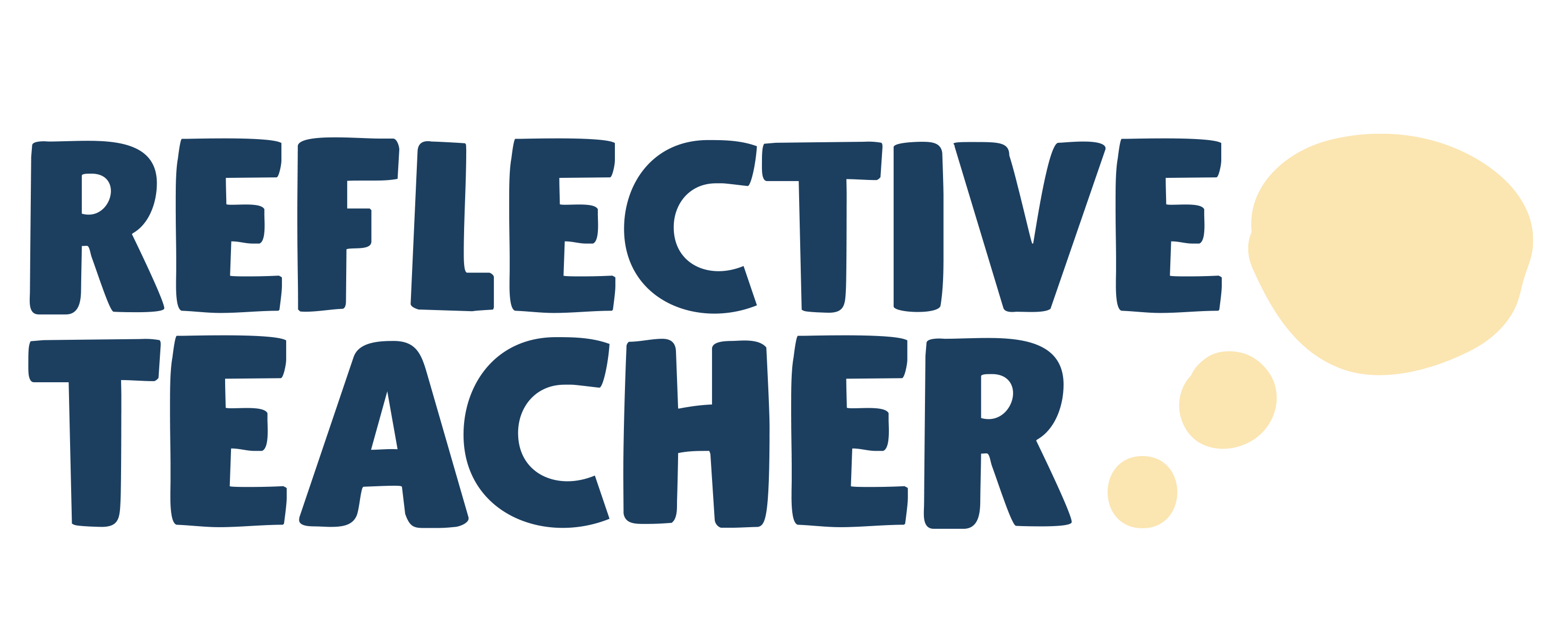Reflecting to improve: How one teacher transformed their classroom management with the support of a mentor
When Katy*, a secondary schoolteacher, was given a low grade for the first time in a lesson observation, she was devastated. But, thanks to some helpful mentoring from her colleague, Chris*, and the use of reflective teaching and classroom management practices, she soon managed to turn things around.
Here, the two of them talk through what happened…
Teacher to teacher mentoring
Chris: Can you explain the situation that led to me mentoring you?
Katy: I’d been on maternity leave and I had absolutely no confidence being back in a classroom again. I panicked as I didn’t feel like I was ready to go back and do my job properly. This was back when we used to have teacher grading for observations, which was 1 for ‘outstanding’ down to 4, and in one of the first lesson observations when I came back, I got a 3 – “requires improvement”. I was devastated.
Chris: But that was unusual for you – can you remember that lesson?
Katy: It was Friday afternoon with Year 9, a really tough group, mostly boys, low ability. I knew exactly what I wanted to do and what I wanted them to achieve. But I struggled with them as a class. I felt like I didn’t have control of them.
Chris: I think anybody would have been challenged with that class. How did you feel when you got that 3?
Katy: I cried a lot, because I didn’t expect it to happen. I knew I wasn’t where I’d been before I went on maternity leave, because I’d never had a 3 before. It had always been 2s and 1s. It made me really question why I’d come back. I had a real panic: I’m not in the right place, I’m not doing the right thing, I’m not doing the students any good, I’m not doing myself any good.
Chris: What did you think of the rating system?
Katy: I hated it – even when I got 1s and 2s. It was just like someone would come into that one lesson and then go away. That was all they’d see and that was the judgement you got. Before every observation I was always panicking about how it was going to be and I felt ill with the worry about it. They’d tell you two weeks before and you then have two weeks of hell preparing for it. Even when I got a 1, I remember saying I didn’t like that system, that you couldn’t judge me on that one lesson. Fortunately, we’ve now moved to a system with more learning walks and drop-ins.
Improved classroom management
Chris: Yes, no one’s outstanding every lesson – and anybody who says that is deluded. And we all need to improve sometimes too. OK, so then I came on the scene and I started to work with you on classroom management – looking at your movements around the room, partly because you didn’t have the best of classrooms. Do you remember some of the other things we talked about?
Katy: Yes, we thought about the low ability boys who struggled to concentrate, and different strategies for them. Things like where I could sit them and how we could move them around in that classroom, plus getting them to do different things to prepare them for learning. For example, giving them a different partner to work with for some lessons.
Chris: If we look at that style of coaching, what are some of the benefits you felt from that?
Katy: It was really helpful, because it wasn’t you saying, “I’m better than you – you should do it like this.” It was you actually talking to me about how I felt about how things had gone in my lessons. And it wasn’t just that Friday afternoon group, it was all lessons. You’d come along and say, “Right, let me have a look at your start, or your middle, or whatever.”
You actually listened to what I had to say, whereas that hadn’t necessarily been the case with formal observations previously. So I’d say, “This didn’t go well.” And you’d say, “Well, why didn’t it go well? How would you change it? What would you do differently? Have you got another class that you can try that on?” And that’s really useful, whereas somebody just saying you did that wrong doesn’t help at all.
Embracing reflective teaching practice
Chris: I was encouraging you to be more reflective about your practice.
Katy: And I still do that now. If I have a bad lesson, or something doesn’t go the way I planned it, I think, “Right, how has that happened?” And I make a note that it hasn’t gone well and think about how I can improve it.
Chris: I think underlying that is the extra confidence this has given you. What would you say you’ve learned from the process?
Katy: The importance of being reflective, having somebody you can go to and ask things like, “Can you just look at this? Can you help me go through why it didn’t work?” Having these conversations and then recording what your thoughts are, so when you come back to it later you can think about how to improve. Because, in schools, we have so many things to do, but actually reflecting on what you’ve done is so important and always something that’s going to help.
* The names in this article have been changed to protect the identity of the teachers.
Here at ReflectiveTeacher, we’re working to give teachers the tools they need to support reflective practices like this. To find out how we can help your staff to improve, get in touch now.



Comments are closed